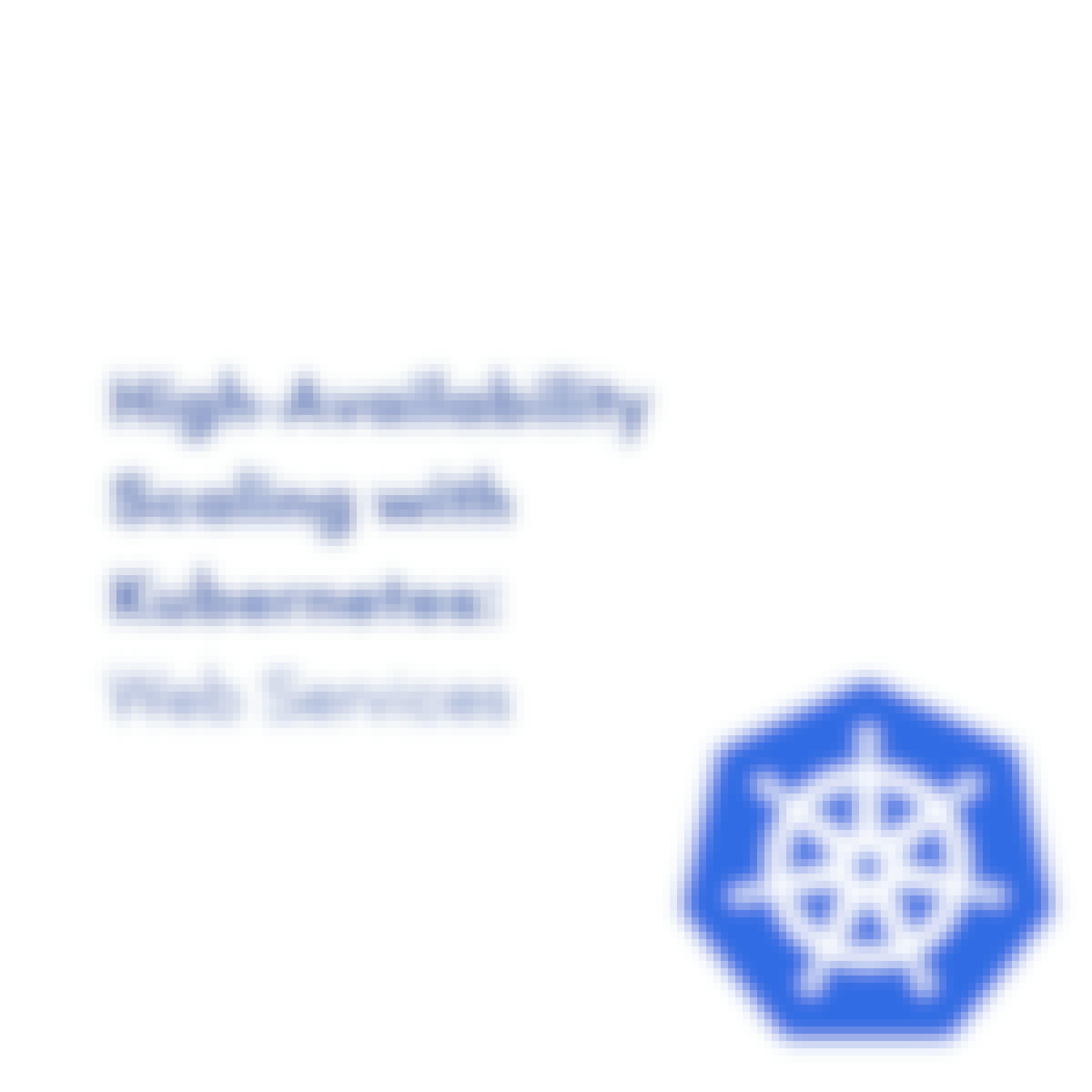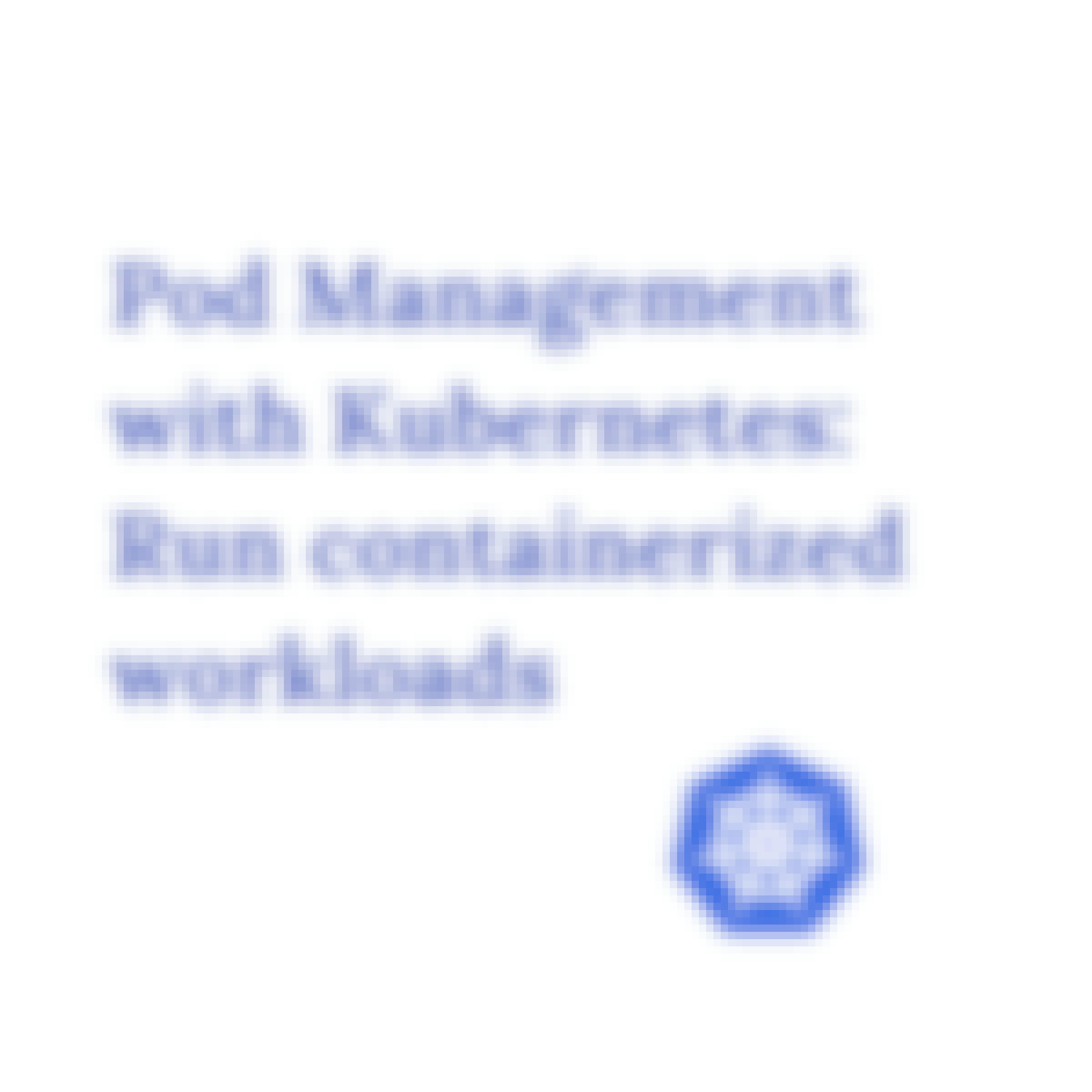- Browse
- Devops
Devops Courses
DevOps courses can help you learn continuous integration, continuous delivery, infrastructure as code, and monitoring practices. You can build skills in collaboration between development and operations teams, automation of workflows, and troubleshooting deployment issues. Many courses introduce tools like Docker for containerization, Jenkins for automation, and Kubernetes for orchestration, illustrating how these skills enhance software delivery and operational efficiency.
Popular Devops Courses and Certifications
 Status: NewNewG
Status: NewNewGGoogle Cloud
Skills you'll gain: Google Gemini, Gemini, Command-Line Interface, Code Review, Web Development Tools, Computer Programming Tools, Secure Coding, Model Context Protocol, Software Installation, Application Security, Configuration Management
Beginner · Course · 1 - 4 Weeks

Skills you'll gain: Cloud Infrastructure, Cloud Services, Azure DevOps, Cloud Computing, Azure DevOps Pipelines, Microsoft Azure, CI/CD, Cloud Deployment, Continuous Deployment, Continuous Delivery, Continuous Integration, Application Performance Management, Application Deployment, Full-Stack Web Development, Node.JS, Platform As A Service (PaaS)
Beginner · Course · 1 - 4 Weeks
 Status: Free TrialFree Trial
Status: Free TrialFree TrialSkills you'll gain: Amazon CloudWatch, Serverless Computing, Amazon Web Services, Application Deployment, AWS CloudFormation, Cloud Management, Cloud Deployment, Continuous Deployment, Application Performance Management, Cloud Applications, AWS Identity and Access Management (IAM), System Monitoring, AWS Kinesis, Event Monitoring, Amazon S3, Infrastructure as Code (IaC), Data Security, Disaster Recovery, Anomaly Detection
Intermediate · Course · 1 - 4 Weeks

Skills you'll gain: AWS Identity and Access Management (IAM), Amazon Web Services, Amazon Elastic Compute Cloud, Databases, Infrastructure as Code (IaC), Amazon S3, Amazon DynamoDB, Cloud Infrastructure, CI/CD, Public Cloud, Cloud Computing, Containerization, Serverless Computing, Cloud Storage, Scalability
Beginner · Course · 1 - 3 Months
 Status: PreviewPreview
Status: PreviewPreviewSkills you'll gain: Cloud Management, Azure DevOps, Infrastructure as Code (IaC), Cloud Computing, CI/CD, Microsoft Azure, DevOps, Cloud Infrastructure, Virtual Machines, Automation, User Provisioning, YAML, Process Optimization, System Monitoring, Compliance Training, Git (Version Control System)
Intermediate · Course · 1 - 4 Weeks

Skills you'll gain: Kubernetes, YAML, Application Deployment, CI/CD, Docker (Software), Containerization, Devops Tools, Package and Software Management, Cloud Deployment, Development Environment, Release Management, Command-Line Interface, Configuration Management, Go (Programming Language), Software Versioning, File Management
Beginner · Course · 1 - 3 Months
 Status: FreeFree
Status: FreeFreeSkills you'll gain: Load Balancing, Kubernetes, Scalability, Application Deployment, Cloud-Native Computing, Disaster Recovery, Containerization, YAML, Capacity Management, Servers, System Monitoring
Intermediate · Guided Project · Less Than 2 Hours
 Status: NewNewStatus: Free TrialFree Trial
Status: NewNewStatus: Free TrialFree TrialSkills you'll gain: Kubernetes, Data Storage, Cloud-Native Computing, YAML, Data Storage Technologies, Data Management, Configuration Management, Command-Line Interface, Data Security
Intermediate · Course · 1 - 4 Weeks
 Status: Free TrialFree TrialW
Status: Free TrialFree TrialWWhizlabs
Skills you'll gain: Serverless Computing, Amazon S3, Amazon Web Services, Kubernetes, Containerization, Cloud Storage, Disaster Recovery, Application Deployment, Cloud Deployment, Cloud Computing Architecture, Cloud Solutions, Data Storage Technologies
Intermediate · Course · 1 - 4 Weeks
 Status: Free TrialFree Trial
Status: Free TrialFree TrialSkills you'll gain: CI/CD, Continuous Deployment, Continuous Integration, Application Deployment, Build Tools, Cloud Deployment, Application Performance Management, Test Automation, Software Development Tools, Containerization, System Monitoring, ASP.NET, Unit Testing, Release Management, Git (Version Control System), Version Control
4.8·Rating, 4.8 out of 5 stars17 reviewsIntermediate · Course · 1 - 4 Weeks
 Status: FreeFree
Status: FreeFreeSkills you'll gain: Docker (Software), Kubernetes, Containerization, DevOps, Cloud-Native Computing, Application Deployment, CI/CD, Scalability, YAML
Intermediate · Guided Project · Less Than 2 Hours
 Status: NewNewStatus: Free TrialFree Trial
Status: NewNewStatus: Free TrialFree TrialSkills you'll gain: Apache, Network Troubleshooting, OSI Models, File Transfer Protocol (FTP), Linux Administration, Linux Servers, TCP/IP, Network Protocols, Linux Commands, Linux, Dynamic Host Configuration Protocol (DHCP), Virtual Networking, General Networking, Virtual Machines, Web Servers, Remote Access Systems, Network Infrastructure, Network Administration, Computer Networking, Network Analysis
Intermediate · Specialization · 1 - 4 Weeks
In summary, here are 10 of our most popular devops courses
- Accelerate App Development with Gemini CLI: Google Cloud
- Deploy any MERN Stack App on Azure Cloud using CICD Pipeline: Packt
- AWS: Monitoring, Logging and Governance: Whizlabs
- Intro to AWS - Your First Steps in Cloud Computing: Packt
- Azure CloudOps: Automating Infrastructure & Cost Control: Coursera
- Helm Masterclass - From Beginner to Advanced: Packt
- High-Availability Scaling with Kubernetes: Web Services: Coursera
- Certified Kubernetes Administrator (CKA): Unit 4: Pearson
- AWS: Compute, Storage and Containers: Whizlabs
- Continuous Integration and Deployment with ASP.NET Core: EDUCBA










